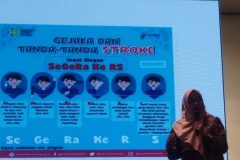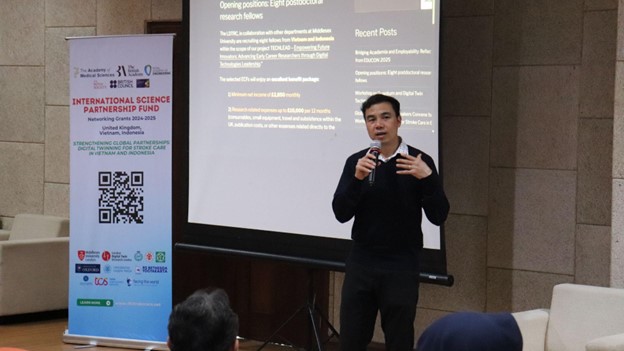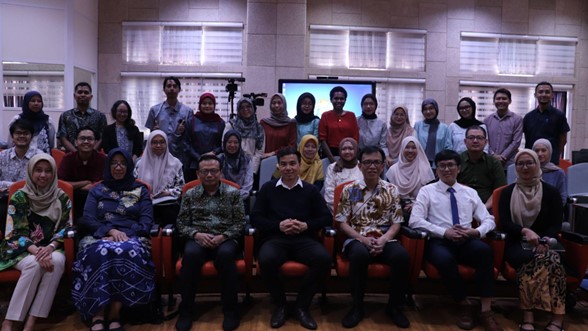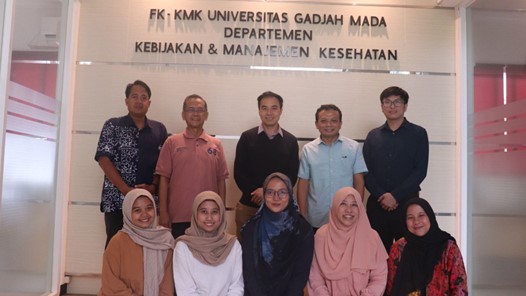Today at the International Stroke Conference 2024, Prof. Huan Nguyễn invited Farida Niken Astari to provide a much-anticipated presentation on the stroke situation in Indonesia. Her talk, which took place in Hall 2 as part of the “AI in Stroke Diagnosis and Treatment” session, offered critical insights into the unique challenges and potential solutions for combating stroke in one of Southeast Asia’s most populous nations.
Farida began by presenting alarming statistics on stroke prevalence in Indonesia, explaining how stroke remains one of the leading causes of death and disability in the country. She emphasized that Indonesia’s high stroke rate is compounded by limited healthcare access in rural regions, delayed response times, and a shortage of specialized stroke care facilities.
In her presentation, Farida highlighted the importance of public awareness campaigns, early detection, and preventive care in addressing this pressing health issue. She spoke passionately about community-based initiatives and the potential of digital health tools, such as mobile apps and telemedicine, to bridge the gap in healthcare access for remote populations.
Farida’s insights underscored the need for a comprehensive approach to stroke management in Indonesia, integrating community engagement, policy support, and technological advancements. Her presentation was a reminder of the power of international collaboration, as experts from various countries shared strategies to tackle similar challenges in stroke care.
The session concluded with an engaging Q&A, where Farida answered questions about Indonesia’s healthcare infrastructure and potential collaborations with neighboring countries to improve stroke care across Southeast Asia. Prof. Huan praised her work and encouraged further discussions on partnerships to bring AI and digital innovations to Indonesia’s healthcare system.
Farida’s presentation added a critical dimension to the conference, emphasizing the global nature of the stroke epidemic and the need for region-specific strategies. The audience left inspired, hopeful that with leaders like Farida, significant strides can be made in reducing stroke-related mortality and improving patient outcomes across Indonesia.





